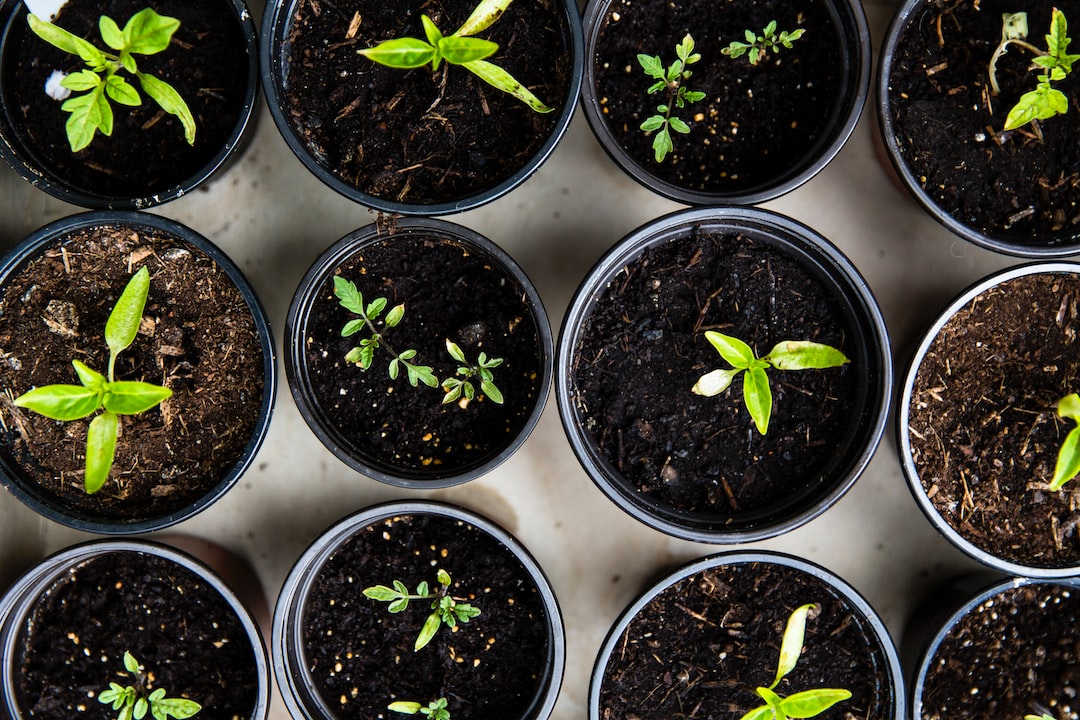The Benefits of Starting a Vegetable Garden
In our fast-paced world, finding time to engage in hobbies and activities that promote relaxation and well-being can be challenging. However, starting a vegetable garden is an activity that offers countless benefits to both individuals and the environment. Whether you have a vast backyard or a small apartment balcony, there are plenty of reasons why cultivating your own vegetables can be a rewarding venture.
First and foremost, growing your own vegetables allows you to have fresh and nutritious produce right at your fingertips. Commercially grown fruits and vegetables often encounter long transportation and storage times, which can greatly diminish their nutritional content. By growing your own, you have the opportunity to harvest your produce at its peak ripeness, ensuring optimal flavor and nutritional value.
Additionally, cultivating a vegetable garden provides a sense of fulfillment and accomplishment. The act of nurturing your plants, watching them grow, and finally harvesting the fruits of your labor can be incredibly rewarding. Gardening can relieve stress and anxiety, as it connects us with nature and promotes mindfulness. It offers a chance to disconnect from technology and daily responsibilities, allowing us to focus on a simple yet fulfilling task.
Furthermore, starting a vegetable garden promotes sustainable living and reduces your carbon footprint. The amount of carbon emissions associated with transporting and storing commercially grown produce is significant. By growing your own, you are eliminating the need for transportation and reducing the overall energy consumption required for food production. Additionally, cultivating your garden without the use of chemical pesticides and fertilizers helps to support a healthy and thriving ecosystem, including beneficial insects and microorganisms.
Moreover, starting a vegetable garden can be a cost-effective alternative to purchasing produce from grocery stores. While gardening does require an initial investment in seeds, soil, and gardening tools, the long-term benefits far outweigh the costs. Once your garden is established, you can continue to harvest fresh vegetables throughout the growing season, saving you money on grocery bills. Additionally, surplus produce can be preserved through canning, freezing, or sharing with friends and neighbors, further reducing food waste.
Starting a vegetable garden also provides an opportunity to teach children about the importance of healthy eating and where food comes from. In a society dominated by processed foods and quick meals, it is crucial to instill in younger generations the value of fresh produce and a balanced diet. Involving children in gardening allows them to witness firsthand the journey from seed to table, fostering a lifelong appreciation for nutritious foods.
Not only does gardening have numerous personal and environmental benefits, but it also encourages a sense of community. Community gardens are spaces where neighbors come together to share tools, knowledge, and resources. They promote social interaction and create a sense of belonging among participants. Engaging in a shared gardening space provides the opportunity to connect with like-minded individuals, share experiences, and create friendships.
In conclusion, starting a vegetable garden offers an array of benefits that go beyond the mere act of growing food. Whether you’re looking for fresh and nutritious produce, a sense of fulfillment, sustainability, cost savings, education, or community engagement, gardening is a versatile and rewarding activity. So, grab your gardening gloves and embark on a journey into the world of vegetable cultivation – your mind, body, and the environment will thank you for it!
